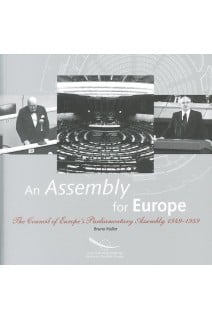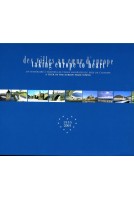The story of the Council of Europe can be divided in two main periods, before and after the fall of the Berlin Wall. The first - which is the subject of this book - saw the Council's membership grow from 10 to 23, taking in nearly all the democracies in western Europe by the time Finland joined on 5 May 1989.Throughout that period, the Assembly played a unique role in shaping the new Europe and giving it a voice. It was also the ever-watchful guardian of the Council's principles, playing a major part in producing its numerous conventions, and securing the abolition of the death penalty. It never forgot the founders' dream of bringing all the countries of Europe together within the Organisation.The year 1989 was certainly a watershed. After having invited Pope John Paul II, who addressed it in October 1988, the Assembly anticipated the massive political upheavals in the East by creating the "special guest status" and conferring it at once on the parliaments of Hungary, Poland, the Soviet Union and Yugoslavia. The representatives of these countries were in the Chamber on 6 July 1989, when Mikhail Gorbachev expounded his vision of the "common European home", an idea which connected with Winston Churchill's celebrated Zurich speech of 19 September 1946.








